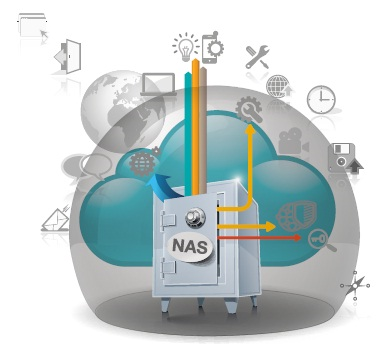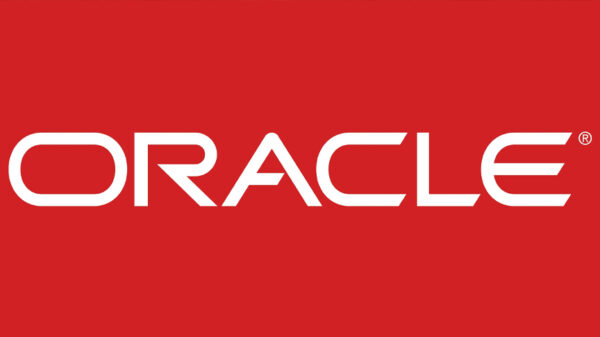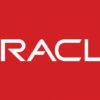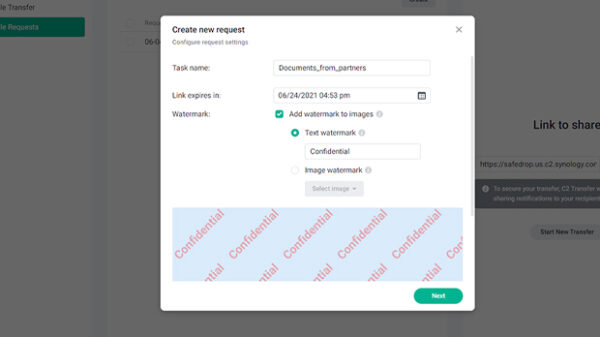Aside from its people, the lifeblood of any business is its data. How well a company manages and protects that data can go a long way towards determining its success or failure. However, given the limited budgets that SMEs (small and medium enterprises) are challenged with, setting up a robust IT infrastructure that supports and protects a company’s data is often an uphill task.
Today, cloud computing has brought about nothing short of a revolution to SMEs. Gone are the days where SMEs have to shoulder the full costs of setting up their own IT infrastructure to host their data, as SMEs can now tap into the benefits and scale of enterprise level systems without having to bear hefty financial burdens.
One of the key advantages of cloud storage is that it provides notably easy access to your data from any place where there is an Internet connection. However, this convenience also comes with default issues that may be cumbersome and detrimental for everyday business operations, such as the inconvenience of having to transfer your data offsite into the custody of a third party and then paying a monthly charge for the service. This can quickly add up to substantial operational costs and is certainly unsuitable for the storage of highly confidential company information.
 Therefore, smarter SMEs are adopting a mixed approach to their storage needs. While leveraging the benefits of what the Cloud has to offer, they also integrate a NAS (network-attached storage) solution into their Cloud environment. The key advantage of this approach is that it allows SMEs to establish their own cloud storage without giving up possession and control of their data. Additionally, it offers a method of data access that remains consistent whether you’re on the company network or somewhere outside the confines of the office.
Therefore, smarter SMEs are adopting a mixed approach to their storage needs. While leveraging the benefits of what the Cloud has to offer, they also integrate a NAS (network-attached storage) solution into their Cloud environment. The key advantage of this approach is that it allows SMEs to establish their own cloud storage without giving up possession and control of their data. Additionally, it offers a method of data access that remains consistent whether you’re on the company network or somewhere outside the confines of the office.
The core component of every NAS solution is the hard disk drive (HDD) and there are three important factors to consider when choosing the correct drive for NAS applications: the number of drives in the application, the reliability of the drive relative to the anticipated workload, and the available security features.
Seagate NAS HDDs are built for small business servers, backup servers, and central storage systems, and are rigorously tested to provide industry-leading capabilities for small 1-5 bay NAS systems. Engineered for high performance even when several applications are open at the same time, Seagate NAS HDDs can also support multiple HD video streams and user profiles. Additionally, the Seagate NAS HDD has near silent-acoustics, ensuring that the office environment is not affected by loud noises whenever the NAS HDD is in operational mode.
The implementation of a NAS system is also made easier with the Seagate NASWorks technology, which goes a long way in simplifying installations, customizing error recovery controls, improving power management, and fine-tuning vibration tolerance. Furthermore, the NAS error recovery controls help to ensure drive health within RAID arrays.
With each Seagate NAS HDD consisting of up to 4TB worth of storage, NAS systems possess the capabilities of providing 20TB of data in a 5 bay NAS array. With a speed of 5,900 RPM and capacity improvement of over 30 percent in comparison to other competitor products, the 4TB NAS HDD delivers the highest capacity available in the market.
In fact, the 4TB option is equivalent to having the capacity to store over 819,000 photos, 1 million songs or nearly 500 hours of HD video content. It is ideal for small businesses with large enough capacities to support CAD files, medical images and databases. These features are backed by a 1M-hour MTBF and a 3-year warranty.
The 4TB option retails for PHP 11,999.00 at the Seagate Concept Store in SM Megamall and in select authorized retailers and resellers nationwide such as PC Worx, Maxtec, Complink and Accent Micro.


















































































































